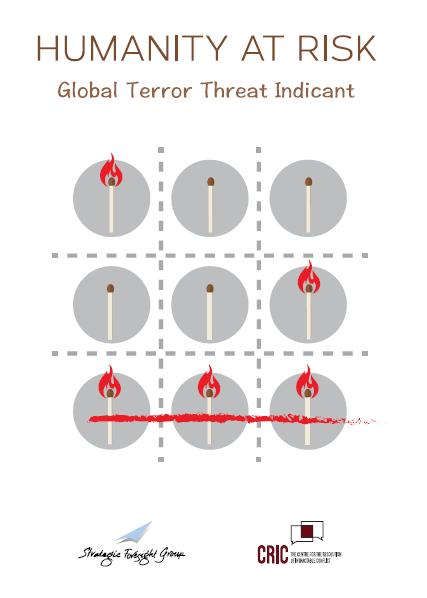Inequality and future
 |
November 14, 2016
By Maja Bucar
|
One of the all-encompassing issues of our time is growing inequality within and between the countries.
The naive expectations that economic growth will result in convergence of the national economies and thus equalise the well-being of citizens around the globe proved to be the recipe for economic and environmental disaster.
As today many statistics and analyses prove, inequality can only be resolved through conscious activity of policy-makers. Yet, current political approach to economic development remains short-sighted and incapable of addressing the difficult questions of human society's future. Resolving inequalities of our time through sustainable life-styles is the issue every single country needs to address as well as the global community as such.
Yet, as we were able to witness during the debates on the post 2015 Agenda, we are unable to move beyond the concept of economic growth: in spite of all of the experience and evidence, the growth is still equalised with development, the issue of redistribution is carefully avoided and more and more we see the philosophy of blaming the victim prevail.
On one hand, we witness artificial and even perverse consumption of the ultra-rich and on the other, the inability of providing for basic needs of the poorest. No amount of charity or development assistance can resolve this, only a fundamental change in prevailing philosophy of what the human values should be.
The article is part of the SFG publication “Big Questions of Our time: The World Speaks”. To access the full publication please click here.
Related Publications
Related latest News
Related Conferences Reports
-

P5 Experts Roundtable on Nuclear Risk Reduction
Download:Geneva Roundtable Report
-

Roundtable on Global Security and Catastrophic Risks
Download:Report on RT revise





